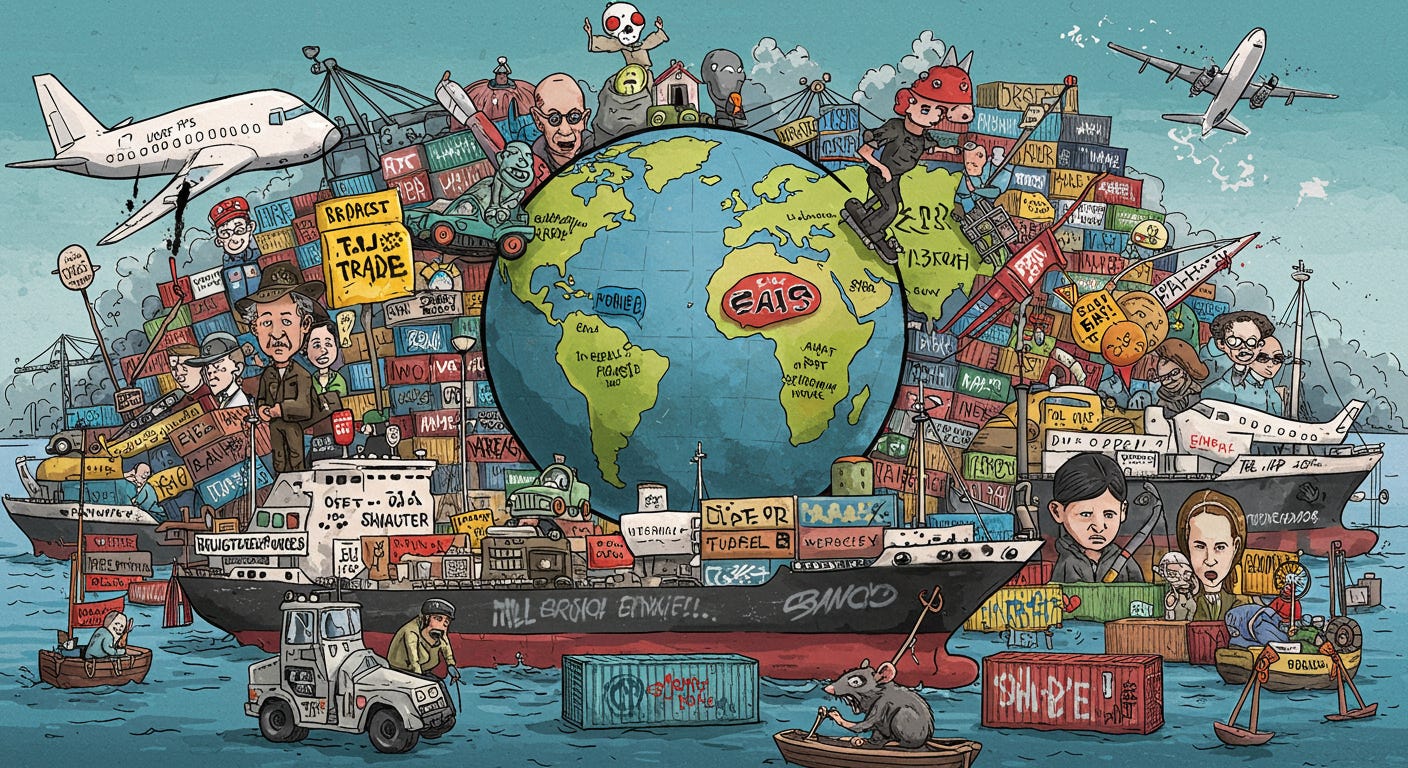The Real Story: Globalization's Hidden Collapse & The Reshoring Revolution
The world stands at an inflection point. The long-held tenets of globalization face unprecedented challenges. Decades of increasing interconnectedness are now questioned, and in some cases, actively dismantled. The era of seamless global supply chains and ever-expanding trade is drawing to a close.
Shifting Sands: From Hyper-Globalization to Retrenchment
The period from 1990 to 2008, *hyper-globalization*, witnessed a dramatic surge in international trade. Trade, as a share of global GDP, experienced an average annual increase of over one percentage point. This rapid expansion was fueled by a belief in the efficiency and resilience of global value chains. Businesses readily embraced offshoring and international partnerships.
However, the 2008 global financial crisis (GFC) marked a significant turning point. The share of total inputs advanced economies sourced from developing countries almost tripled between 2000-2007, only to stall and reverse after 2008. The GFC shattered the illusion of unwavering global economic stability. It exposed vulnerabilities within the interconnected financial system and changed the calculations that underly the globalization model.
A Cascade of Disruptions
The aftermath of the 2008 crisis saw a series of subsequent shocks that further eroded the foundations of globalization. The Eurozone sovereign debt crisis in 2012 shook confidence in the European project. The United Kingdom's 2016 vote to leave the European Union (Brexit) represented a significant blow to regional integration. It created immediate economic uncertainty.
These events, coupled with rising geopolitical tensions, have fueled a sense of global instability. President Donald Trump's trade policies emphasize a distinct shift away from the multilateral approach that characterized previous decades. The imposition of tariffs, and a strong focus on "reciprocal" trade agreements, reflects this change.




